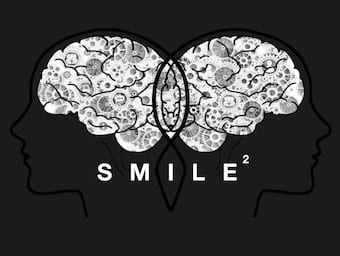Theodor Schwann
Biography Born Died Medical Eponyms Key Medical Contributions Major Publications Controversies References Bibliography. Schwann, Theodor 1810-1882. WorldCat Identities Buttner R, Lee J. De-eponymising anatomical terminology. 2020
Biography Born Died Medical Eponyms Key Medical Contributions Major Publications Controversies References Bibliography. Schwann, Theodor 1810-1882. WorldCat Identities Buttner R, Lee J. De-eponymising anatomical terminology. 2020
Biography Key Medical Contributions Whilst practising as a physician in Vienna, Gall developed the ideas that led to his ‘doctrine of localization’ as a combination of psychology and functional anatomy. Gall was a gifted anatomist, however his functional anatomy was…
Wilhelm Ebstein (1836 - 1912) was a Polish-German physician.
Biography Key Medical Contributions Utero-Placental-Fetal Circulation Major Publications References
Biography Medical Eponyms Major Publications References

A 50 year-old woman sees the world spin round when she hangs up her washing. Can you make the diagnosis and effect a cure?

Rebecca Craighill Lancefield (1895-1981) was an American bacteriologist. Eponym: Lancefield groups - serological classification of beta haemolytic streptococci

Carolyn Coker Huntley (1924 - 1984) was an American pediatrician. Wiskott-Aldrich-Huntley Syndrome (1957)

Rita Gilman Harper (1934 - ) American pediatrician. Harper syndrome (1967) synonym for Seckel syndrome or microcephalic primordial dwarfism

Edgard Hirtz (1849 - 1916) was German born, French trained physician. Hirtz Sign (1911) ore knee-chest position in pericardial effusion

Teaching practical procedures on the shop floor, the five stage approach to SETT UP for success

Description What is the actual eponymous medical sign/syndrome/repair/classification… History Associated Persons Wilhelm Ebstein (1836 – 1912) Alternative names Name Name Controversies Did they first describe or popularise or plagiarise? References Ebstein W. Über einen sehr seltenen Fall von Insufficienz der Valvula…